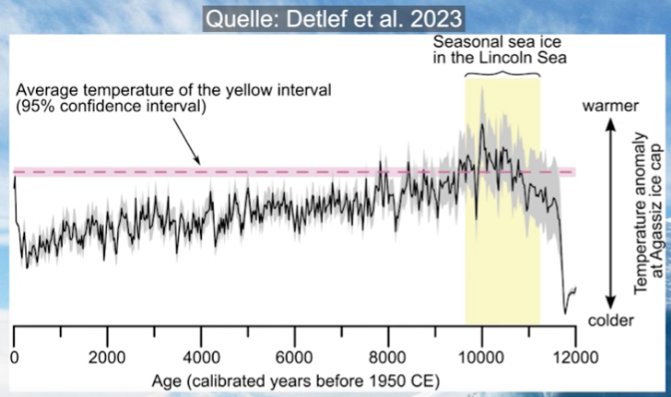http://thinkprogress.org/climate/2015/10/26/3714853/carbon-dioxide-impair-brain/
Via Joe Romm:
…
In a landmark public health finding, a new study from the Harvard School of Public Health finds that carbon dioxide (CO2) has a direct and negative impact on human cognition and decision-making. These impacts have been observed at CO2 levels that most Americans — and their children — are routinely exposed to today inside classrooms, offices, homes, planes, and cars.
…
Carbon dioxide levels are inevitably higher indoors than the baseline set by the outdoor air used for ventilation, a baseline that is rising at an accelerating rate thanks to human activity, especially the burning of fossil fuels. So this seminal research has equally great importance for climate policy, providing an entirely new public health impetus for keeping global CO2 levels as low as possible.
…
Significantly, the Harvard study confirms the findings of a little-publicized 2012 Lawrence Berkeley National Laboratory (LBNL) study, “Is CO2 an Indoor Pollutant? Direct Effects of Low-to-Moderate CO2 Concentrations on Human Decision-Making Performance.” That study found “statistically significant and meaningful reductions in decision-making performance” in test subjects as CO2 levels rose from a baseline of 600 parts per million (ppm) to 1000 ppm and 2500 ppm.
Both the Harvard and LBNL studies made use of a sophisticated multi-variable assessment of human cognition used by a State University of New York (SUNY) Upstate Medical University team, led by Dr. Usha Satish. Both teams raised indoor CO2 levels while leaving all other factors constant. The findings of each team were published in the peer-reviewed open-access journal Environmental Health Perspectives put out by the National Institute of Environmental Health Sciences, a part of NIH.
…
The new study, led by Dr. Joe Allen, Director of Harvard’s Healthy Buildings program, and Dr. John Spengler, Professor of Environmental Health and Human Habitation at Harvard, used a lower CO2 baseline than the earlier study. They found that, on average, a typical participant’s cognitive scores dropped 21 percent with a 400 ppm increase in CO2. Here are their astonishing findings for four of the nine cognitive functions scored in a double-blind test of the impact of elevated CO2 levels:
…
NASA has also observed CO2-related health impacts on International Space Station (ISS) astronauts at much lower CO2 levels than expected and has identified a mechanism by which CO2 levels could affect the brain, as I will discuss in Part 2.
….
All of this new research is consistent with — and actually helps explain — literally dozens of studies in the past two decades that find low to moderate levels of CO2 have a negative impact on productivity, learning, and test scores. See here for a research note and bibliography of some 20 studies and review articles.
…
But the implications for climate policy are stark. We are at 400 parts per million (ppm) of CO2 today outdoors globally — and tens of ppm higher in many major cities. We are rising at a rate of 2+ ppm a year, a rate that is accelerating. Significantly, we do not know the threshold at which CO2 levels begin to measurably impact human cognition.
The LBNL study found a measurable negative impact on human cognition at 1000 ppm. The Harvard researchers had a more comprehensive study that found significant negative impact at 930 ppm. Moreover, many measurements made by the Harvard team point to a much lower threshold, as the top figure shows. Equally important, the researchers found “The exposure-response between CO2 and cognitive function is approximately linear across the concentrations used in this study.” So the impact threshold may be quite below 930 ppm. Clearly more research needs to be done to solve this detective story.
…
First, the immediate public health message is to increase ventilation and the use of outside air in buildings. And second:
We have to do everything we can to keep outdoor CO2 levels below 600 ppm because something serious starts happening then.




